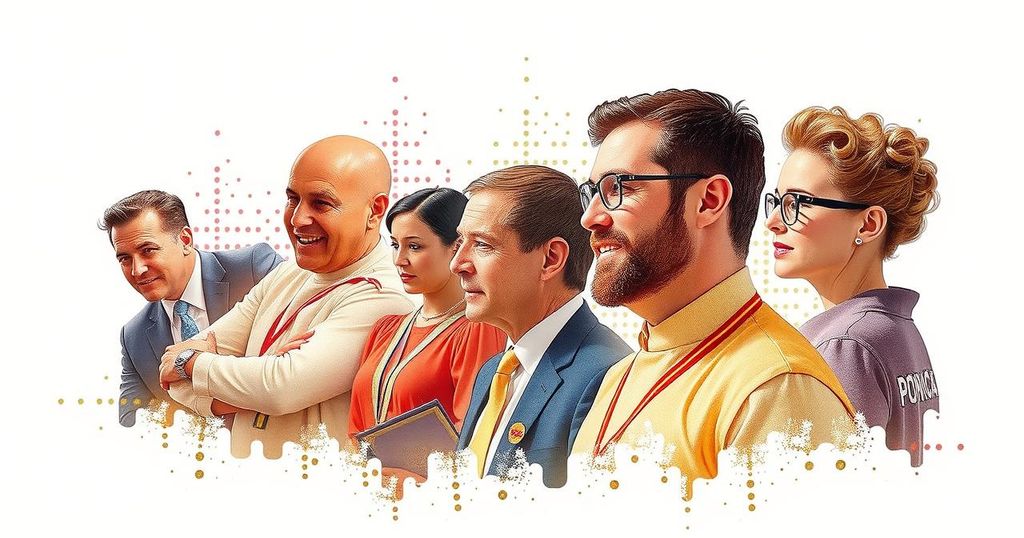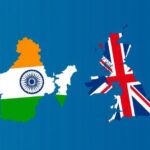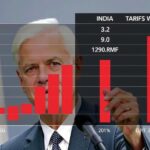Economy
ASIA, BRITAIN, CLARENDON PRESS, COLLEGE, COVID-19 PANDEMIC, ECONOMIC POLICY, ECONOMICS, ECONOMY, EUROPE, IAN MALCOLM DAVID LITTLE, INDIA, INFLATION, MAN, NEW DELHI, NUFFIE, NUFFIELD, NUFFIELD COLLEGE, OXFORD, PAUL ROSENSTEIN - RODAN, PLANNING COMMISSION, SINGH, TREVOR SWAN, UNITED KINGDOM
Dante Raeburn
Manmohan Singh: The Scholar-Prime Minister Who Transformed India’s Economy
Manmohan Singh, as Prime Minister, advanced liberalization policies bolstered by social safety measures, leading to the upliftment of 271 million people from poverty between 2005-06 and 2013-14. His academic background, particularly his doctoral research, influenced his approach to economic reforms initiated in 1991, which included significant devaluation of the rupee and enhanced export competitiveness, ultimately transforming India into a notable global economy.
Manmohan Singh’s tenure as Prime Minister was significantly shaped by his long-standing academic insights and commitment to economic liberalization. His approach combined reforms with social safeguards, leading to a remarkable reduction in poverty—an achievement where 271 million people ascended from poverty between 2005-06 and 2013-14. Singh’s illustrious economic journey began with crucial reforms in 1991, where he not only rescued India from severe financial crisis but also positioned it on a path towards becoming a prominent global market player.
Singh, a distinguished scholar who obtained his D. Phil from Oxford University, under the tutelage of renowned economist Ian Little, was deeply influenced by the historical context of India’s economic planning which involved collaboration with prominent Western economists. Little’s association with India’s Economic Planning reflects a broader strategic engagement that lent crucial perspectives to India’s developmental agenda.
Singh’s doctoral research focused on India’s export performance, seeking to uncover solutions for what he termed ‘self-sustaining growth’. His thesis, “India’s Export Trends and Prospects for Self-Sustained Growth,” delves into the shortcomings of India’s trade policies during the 1950s and emphasizes the need for a shift from import-substitution industrialization to export promotion. This vision foretold the economic strategies that Singh would later implement as a Macro Process in 1991, marking a pivotal transition in India’s economic policy.
Specifically, Singh challenged the conventional Nehruvian import substitution approach, advocating for export promotion as a crucial pathway to economic resilience. In 1991, his policy measures included the devaluation of the rupee and reductions in import tariffs, which catalyzed an integration of India into the global economic framework. This strategic move not only fortified India’s export positioning but also transformed its foreign reserves from perilously low levels to an impressive $25 billion in four years.
Under Singh’s leadership, the government reinforced economic liberalization while ensuring that social safety nets were in place to protect the most vulnerable populations, resulting in substantial poverty alleviation. Singh’s economic policies remain a testament to his academic foresight and commitment to sustainable growth in India’s economy.
Manmohan Singh is celebrated for his transformative contributions to India’s economy, particularly during his tenure as Prime Minister from 2004 to 2014. His approach was characterized by an emphasis on liberalization combined with protective measures for disadvantaged groups. His early academic influences and research played a critical role in shaping policies that revitalized India’s economy after the crisis of the early 1990s. Singh’s academic journey, including his key relationship with influential economists, allowed him to navigate complex economic landscapes and implement reforms that integrated India into the global economy.
In summary, Manmohan Singh’s policies reflected profound academic insights that shaped India’s economic trajectory. His adeptness in balancing liberalization with social safeguards resulted in substantial economic growth and poverty reduction. Singh’s legacy is underscored by his belief in the importance of export promotion over import substitution, paving the way for India’s rise as a significant player on the global economic stage. His tenure exemplifies how academic knowledge can inform and strengthen national policy-making.
Original Source: www.hindustantimes.com








Post Comment